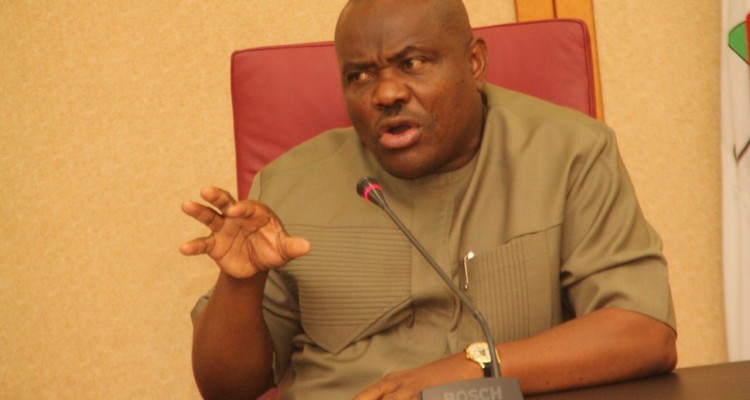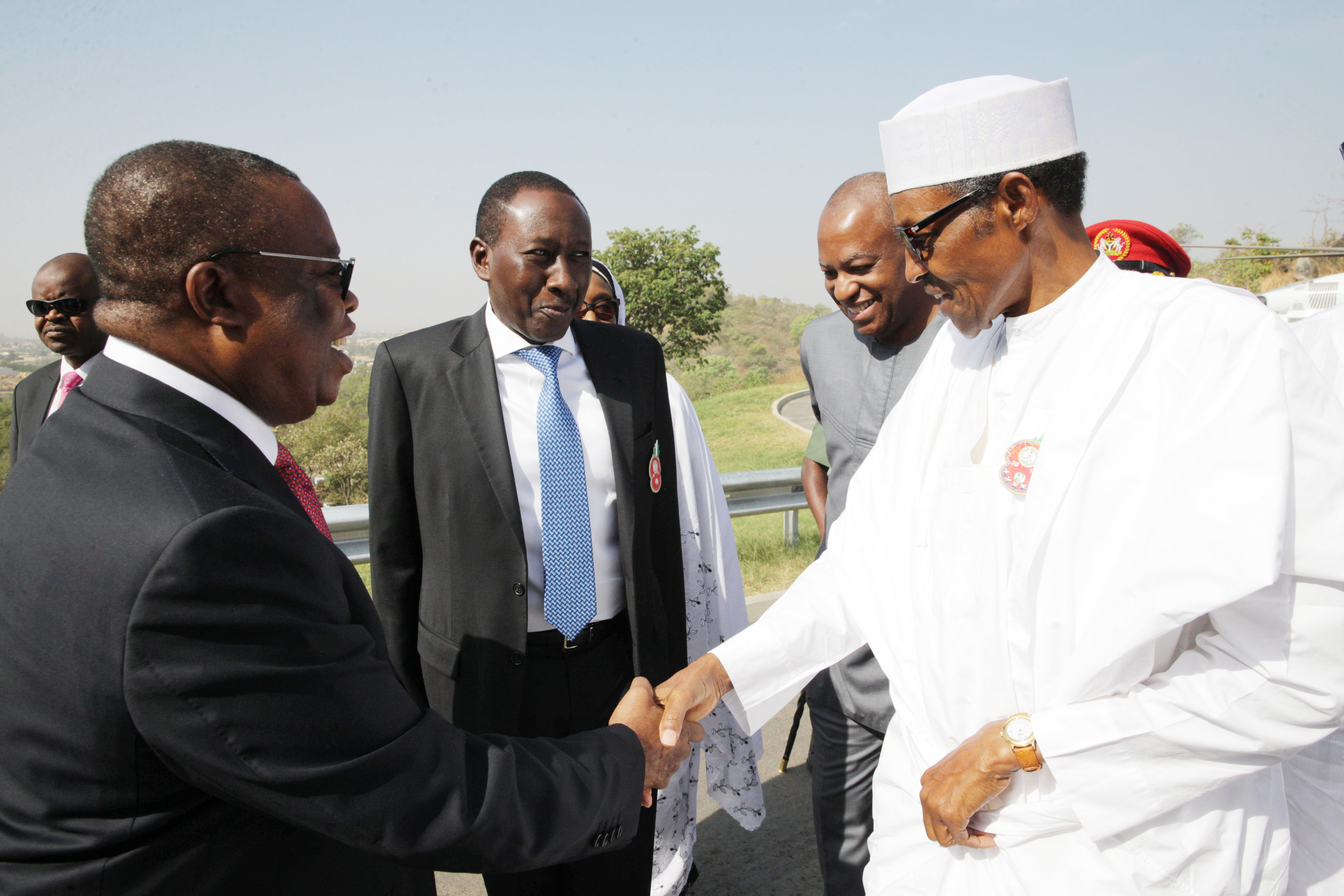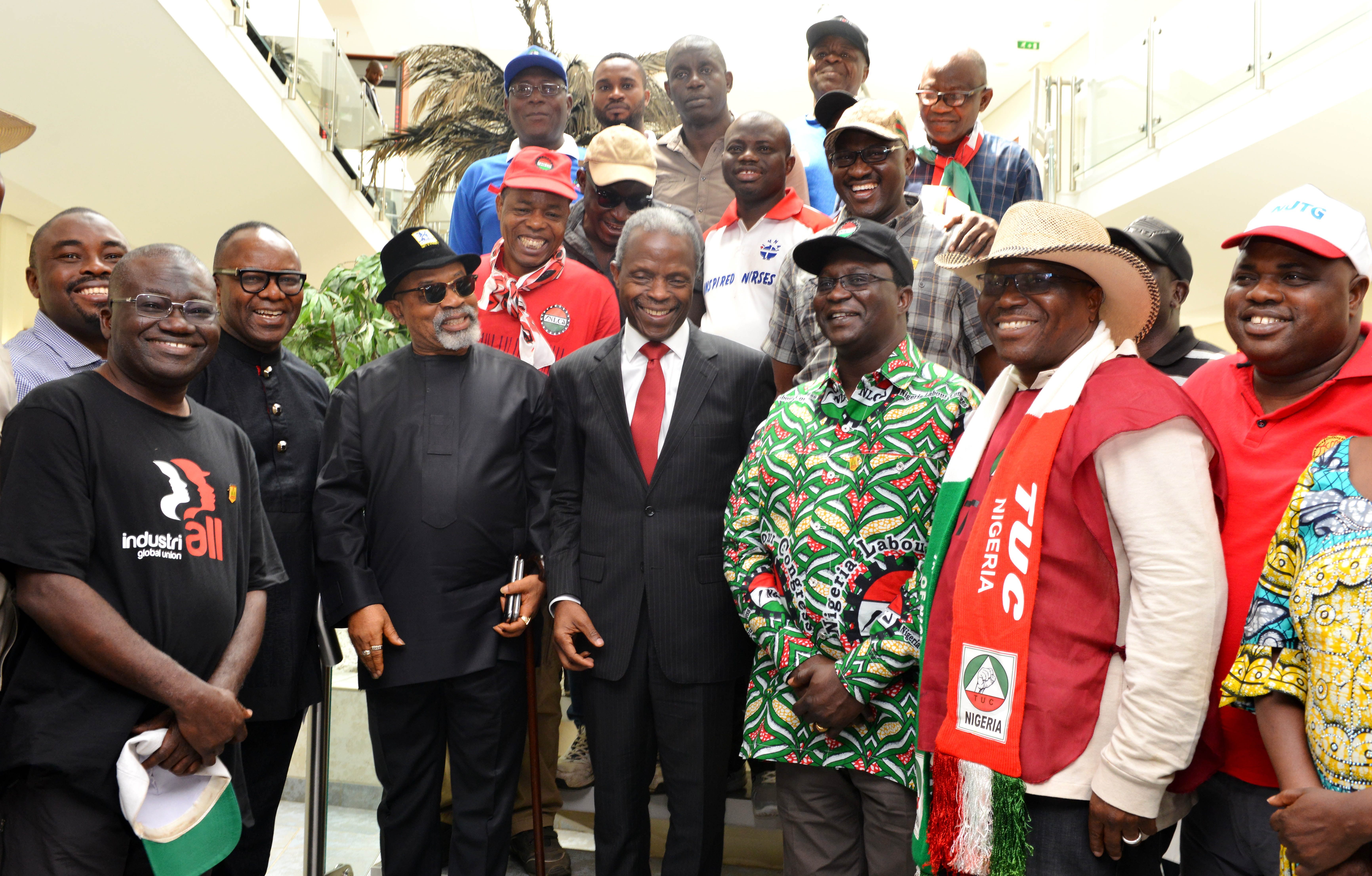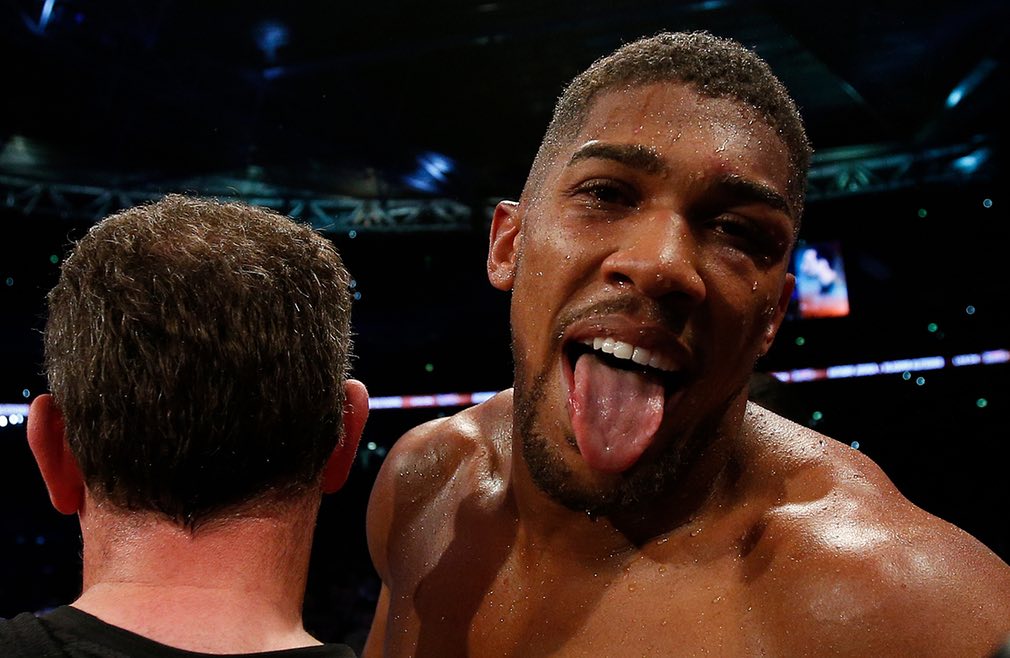The Department of State Services (DSS) has not been able to refute reports making the rounds in the media about its lopsided appointments. In fact, an unconfirmed response, which was credited to an unnamed source in the presidency, was unconvincing and worrisome.
Of 479 newly recruited cadets who were commissioned last March, Premium Times reports that 331 of these officers were from the 19 northern states and the FCT. Also, the newspaper confirmed that Katsina State, the home state of the president and director general of the DSS, got 51 officers, while Lagos and Akwa Ibom got 7 and 5 officers respectively.
When these numbers are placed side by side with other recent top security appointments, it becomes extremely difficult to rule out a calculated attempt to favor a particular section of the country over the others.
These feelings of marginalization were exactly what the framers of the constitution tried to avoid with the federal character principle. In fact, many scholars argue that the Nigerian Civil War, also known as the Biafran War, was mainly because the Igbos felt they could no longer coexist with the Northern-dominated federal government. This kind of feeling should never resurrect in our days.
Advertisement
Even though many Nigerians know the importance of merit, Nigeria’s peculiar history makes many comfortable with the federal character principle. The country has, since Gowon’s administration, tried to balance merit with federal character, which ensures that every part of the country is equally represented.
Though this has promoted mediocrity in some cases, it has also calmed frayed nerves in other cases. The feeling of distrust among ethnic groups has, sadly, not vanished.
This feeling, though very palpable now, has been in every regime. When former President Jonathan appointed Major-General Kenneth Minimah, a Niger Deltan like himself from Rivers State, as the chief of army staff so many interpretations were given to the appointment.
Advertisement
Though some have argued that Jonathan’s appointments were also lopsided, shouldn’t a government which preached change set a good example? (The distribution of Jonathan’s security appointments was not criticized as much as Buhari’s is being criticized.)
With the current recruitments into top security posts and this recent recruitment in the DSS, many are really worried about the fate of the country and the sincerity of this current administration.
For instance, in 2015, in the early days of this administration, the newly appointed leadership of the DSS sacked 65 newly recruited cadets, including the sibling of Marilyn Ogar, a former spokesman of the Service. Sources within the Service claimed that the process which brought in these sacked recruits were flawed because they came in through the influence of politicians.
This so called weeding process was applauded by many in the early days of this administration.
Advertisement
Sadly, the Service, which had argued that it was on a cleansing mission, has not been able to convince the public on the criteria it used in its recent recruitment.
The unconfirmed response making the headlines says this recruitment was to balance the ills of the past. Could the past be Jonathan, Yar’Adua or Obasanjo’s reign? Obviously, former military presidents would not have shortchanged the north.
The various interpretations these appointments are generating are not healthy for the country. Currently, senior politicians from the south are complaining, bitterly, about how they are being marginalized. This kind of public complaint waters the fertile minds of agitators, especially the Biafran agitators.
Advertisement
4 comments








When a southerner becomes president next time all appointments will be biased in favour of the south. I am sure you won’t condemn it. Your subtle views in favour of ethnic politics does not promote peaceful co-existence or support resort to picking the best talents among us for national development. We are tired of being reminded that we are marginalized. One day, a leader will emerge to use our best to lead us, and all this talk of someone not liking us enough to hire us will come to an end. Only at that time will ethnic jingoists and their trumpeters be put to shame
Anyone in Nigeria who is above sixty years old and approaching seventy years of age wouldn’t border his or her self issues of marginalisation or whatever terminologies used in describing the governance in Nigeria. Reason : it will ever remain so. For me as an individual, if one kindred in Nigeria can right the wrong perpetuated in the last sixty years or so and minimise evil in Nigerian polity, then thanks be our Creator, Then and only then would He be happy with us.
You have no mind of your own Mr. sorry to say . May be you are still growing in age, but if you continue in your present state of mind you won’t be able to make up your mind for anything.
Our problems in this country will be half solved when our journalists become independent and put Nigerian first instead of the politicians they support. This is a president who appoint all the head of the security apparatus from one section of the country and you can not say that it’s bad. instead you’re asking if it’s a balancing act. What about the federal character commission FCC? To not adhere to it is a violation of the constitution that Buhari swore to uphold, and in not upholding the constitution he must be impeached but you can’t say that because you upset your political friends. So Nigerian problem is not politicians but journalists, do your job and the politicians will sit up.